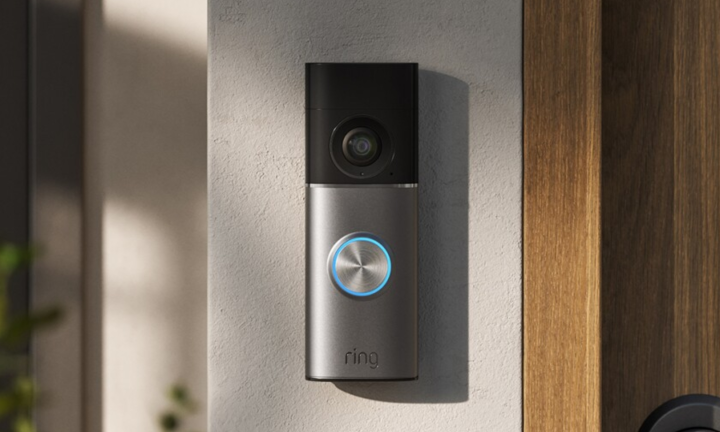Select Language:
What’s the latest? Amazon’s Ring has introduced new security cameras featuring capabilities like Alexa+ Greetings, Search Party, and 4K Retinal Vision. However, the most talked-about addition is Familiar Faces, and not for positive reasons.
- Alongside four new 4K cameras and two additional 2K models, Ring has rolled out a new feature called Familiar Faces.
- This feature employs facial recognition technology to identify and label familiar individuals, such as neighbors, friends, or delivery workers, allowing tailored notifications when they arrive.
- Nevertheless, this functionality — which creates faceprints using biometric data — has raised significant privacy concerns among the public.
Why does this matter? This marks the first instance of Amazon incorporating facial recognition into home security devices. The Familiar Faces feature could potentially gather sensitive biometric information from everyone within the camera’s view.
Should I be worried? The next time you walk past a house with a Ring camera or doorbell, it may scan your face and store that data without your knowledge or consent.
- In states like Illinois, Texas, or Portland, Oregon, where strict biometric laws are in place, this feature is turned off. Elsewhere, users might have it enabled without realizing it.
- Those who activate this feature are responsible for complying with local consent laws, which could inadvertently lead to privacy violations.
- Fortunately, the Familiar Faces feature is off by default in all locations, even where it’s accessible.
What’s coming next? Although the rollout isn’t scheduled until December 2025, it has already raised concerns on social media and online forums.
- There’s a possibility that users could make facial recognition optional for visitors, perhaps by prompting them with a voice message asking to wait or press a button to continue with the scan.
- While filming in public spaces is legal, companies should be cautious about creating potential legal complications for users. They need to avoid making the technology a privacy nightmare.







